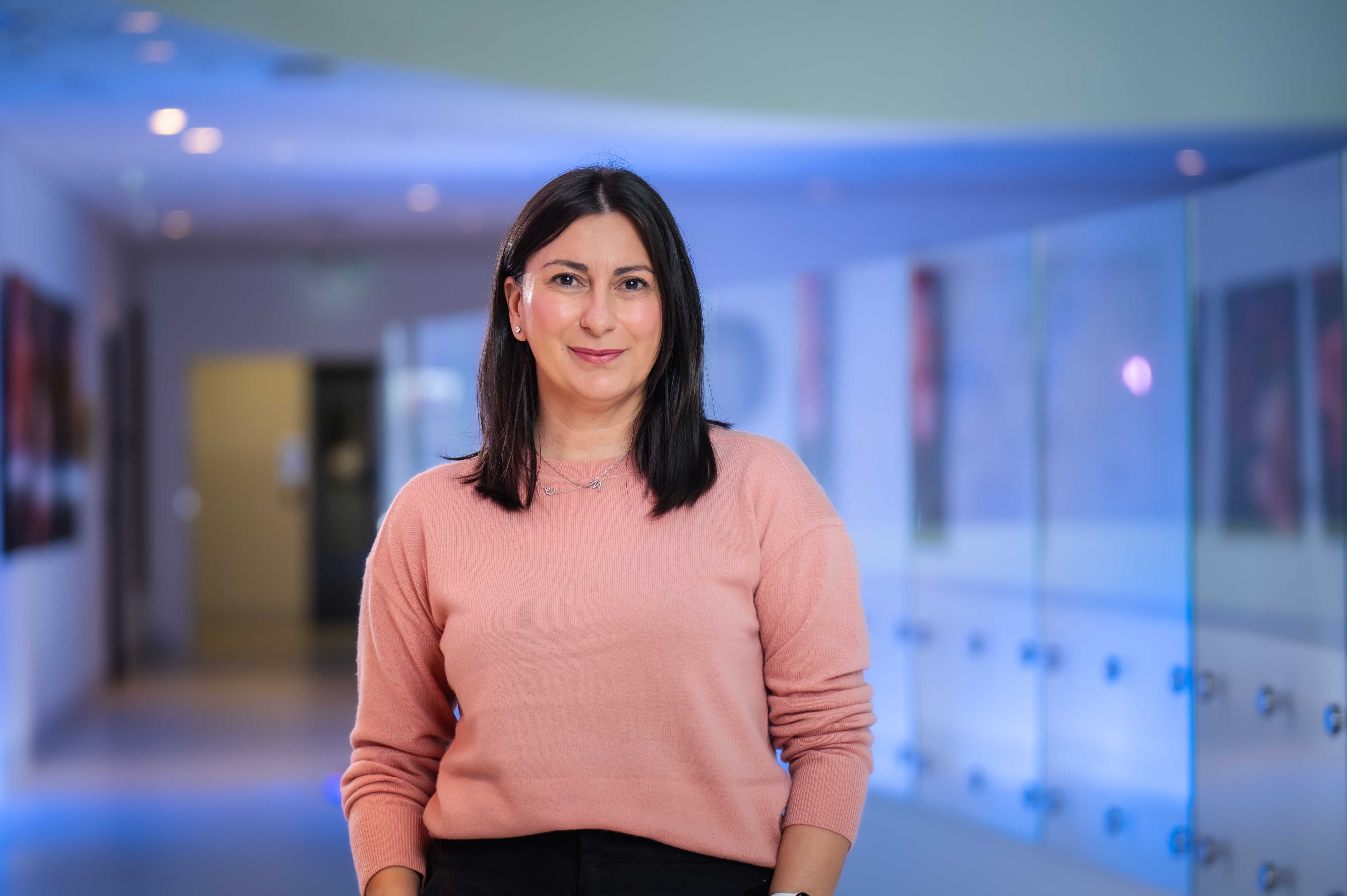Dr Lisa Guccione Q&A

Dr Lisa Guccione
Research Fellow in Implementation Science
What are you researching in lay terms?
As an implementation scientist, I focus on closing the gap between what we know works in healthcare and what happens in practice, so that patients receive the best possible care. Even when there is strong evidence, it can take years for new approaches to become part of routine care, and many challenges can get in the way. I study why this gap exists and work with others to develop practical strategies that make it easier to deliver proven, effective care more consistently and fairly. I work closely with clinicians, policymakers, and patients to design and test strategies that are acceptable and can feasibly be embedded into routine care, especially for people living in regional and remote areas. I also ensure they are appropriate for people who often face additional barriers to care, such as those from culturally and linguistically diverse backgrounds. I am starting to incorporate health economics into my work to better understand the value and cost implications of different implementation approaches. Across all my projects, my goal is to improve equity and quality in cancer care by making sure that what we know works is actually delivered to those who need it.
What motivated you to come and work at Peter Mac?
Peter Mac is a leader in cancer research, with a strong focus on turning research into better care for patients It’s a place where you can do research that directly influences how care is delivered. I was excited by the opportunity to work alongside clinical teams, consumers, and other researchers to identify real-world challenges and contribute to innovative models of care; making the research more relevant, more responsive, and ultimately more impactful to patients.
What drives you to achieve better outcomes for cancer patients?
What drives me is knowing that even the best evidence won’t benefit patients unless it’s used in practice. I’m motivated by the challenge of making health systems more responsive, more inclusive, and more effective. That means ensuring that care is not only high quality but also accessible and appropriate for all patients, no matter what type of cancer they have, where they live or where they come from.
How will your research improve outcomes for cancer patients?
By closing the gap between what we know works and what happens in practice, my research ensures that more patients benefit from the latest evidence-based care. Whether that’s increasing uptake of advance care planning, improving access to supportive services, or reducing variation in care delivery. By partnering with clinicians, patients, and service leaders, I focus on implementation strategies that improve uptake, accessibility, and coordination of cancer care. I aim to design solutions that are practical, scalable, and sustainable; ultimately improving both the quality of care and the experience of patients navigating the cancer system.
What do you like most about working for Peter Mac?
What I value most is the shared commitment to improving outcomes for people affected by cancer. Peter Mac fosters a collaborative culture where research has a clear pathway into practice. You’re surrounded by the most dedicated, brilliant researchers and clinicians. People who are all working toward the same goal of improving outcomes for people with cancer. It’s collaborative, dynamic, and genuinely inspiring. There’s a genuine drive here to innovate, improve, and make an impact both locally and beyond.
Can you please detail how your research has used and benefitted from the core facilities at Peter Mac?
Being a health services researcher embedded within a hospital like Peter Mac provides a unique and critical advantage. It enables close collaboration with the clinical teams who are directly delivering care. This connection ensures that my research is grounded in real-world practice and addresses the challenges that clinicians and patients face every day. Working alongside medical oncology, palliative care, allied health, and nursing teams has allowed me to generate real-time insights and co-develop interventions that are both practical and responsive to clinical needs. The Consumer Engagement team has also played a vital role in ensuring that patient perspectives are embedded from the outset. This collaborative, embedded approach has been essential to ensuring that research findings are not only academically robust, but also highly relevant, acceptable, and ready for implementation in real-world cancer.
